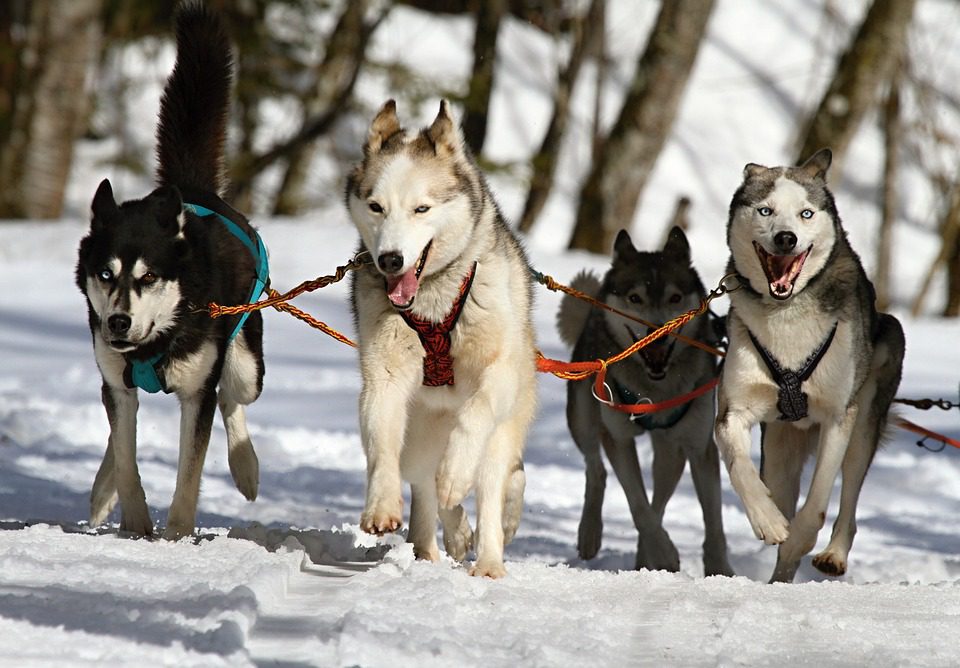Training your dog can be a difficult task. One of the most controversial methods of discipline is to rub your dog’s nose in pee when they have an accident. This practice is considered by some to be a harsh punishment, while others believe it can be an effective way to teach your dog not to go to the bathroom in the house. In this article, we will discuss whether rubbing your dog’s nose in pee really works. We will explore the pros and cons of this method, as well as other, more humane, ways to train your pup.
Introduction
Table of Contents
Rubbing a dog’s nose in their pee is a controversial training technique that has been used by pet owners and trainers for years. Though some people believe that this method of discipline works, others argue that it is an outdated and ineffective way to train a dog. In this article, we will discuss the pros and cons of rubbing a dog’s nose in their pee and whether or not this form of discipline is an effective way to train a dog.
Pros
The primary argument for using this form of discipline is that it is an effective way to teach a dog that their behavior is unacceptable. When a dog pees inside, having their nose rubbed in it serves to remind them that they should not do this again. This punishment is also immediate, which can be important in training a dog.
The other advantage of this form of discipline is that it is relatively easy to do. All you need to do is catch the dog in the act and then rub their nose in it. This makes it an attractive option for people who do not have the time or energy to engage in more complex forms of training.
Cons
The primary argument against rubbing a dog’s nose in their pee is that it can damage the relationship between the dog and their owner. This form of discipline is seen by some as overly harsh and can lead to the dog developing negative associations with the owner. It can also lead to the dog becoming scared or aggressive, which is not a desirable outcome when trying to train a dog.
Another problem with this method of discipline is that it is not very effective in the long term. Dogs will quickly forget that they are being punished and may not learn the lesson that their owner is trying to teach them. This can lead to the dog continuing to have accidents inside, making the owner’s efforts to train them futile.
Alternatives
There are a number of alternatives to rubbing a dog’s nose in their pee that are more effective and less damaging to the relationship between the dog and their owner. Positive reinforcement is one of the most popular methods of training a dog and involves rewarding the dog for good behavior. This can be done with treats, toys, or even verbal praise.
Another alternative is to use confinement as a form of discipline. This involves placing the dog in a confined area, such as a crate, for a period of time after they have had an accident inside. This will remind them that their behavior is unacceptable without damaging their relationship with their owner.
Conclusion
Rubbing a dog’s nose in their pee is an outdated and ineffective way to train a dog. Though it may be tempting to resort to this form of discipline, there are a number of alternatives that are more effective and less damaging to the relationship between the dog and their owner. Positive reinforcement, confinement, and other methods of training are all viable options that are worth exploring.
Common Myths About Rubbing a Dog’s Nose in Pee
Myth: Rubbing a dog’s nose in its pee will help it learn not to go in the house.
Fact: Rubbing a dog’s nose in its pee is a form of punishment, and while it may help a dog learn to associate the act of peeing in the house with a negative consequence, it can also cause fear and anxiety in the animal. In addition, it does not teach the animal appropriate behavior and can lead to further issues such as aggression.
Myth: Rubbing a dog’s nose in its pee is an effective form of punishment.
Fact: Rubbing a dog’s nose in its pee is not an effective form of punishment. It does not teach the animal appropriate behavior, and it can lead to further issues such as aggression or anxiety. Punishment should be used sparingly and should focus on positive reinforcement and providing the animal with acceptable alternatives.
Myth: Rubbing a dog’s nose in its pee is a natural way to train a dog.
Fact: Rubbing a dog’s nose in its pee is not a natural form of training and should not be used as a method of discipline. In addition, it can lead to fear and anxiety in the animal, and can cause further issues such as aggression or avoidance behaviors. Positive reinforcement and providing the animal with acceptable alternatives is a more effective form of training.
Frequently Asked Questions
Does rubbing your dogs nose in pee work?
No, rubbing your dog’s nose in pee does not work as a way to house train them. It is considered an outdated and ineffective technique and can be both emotionally and physically damaging for the dog.
What is the best way to house train a dog?
The best way to house train a dog is to use positive reinforcement methods. This includes rewarding the dog with verbal praise and treats when they go potty outside. It is also important to take them out regularly and take them to the same area each time. Finally, make sure to clean up any accidents quickly to avoid reinforcing bad habits.
Conclusion
.
Rubbing a dog’s nose in their pee is a controversial training technique that has been used for years but is seen by many as outdated and ineffective. Its primary advantage is that it is an immediate punishment that can be effective in the short term. However, this method can damage the relationship between a dog and their owner, and is not effective in the long term. Alternatives, such as positive reinforcement and confinement, are more effective and less damaging to the relationship between the dog and their owner.





